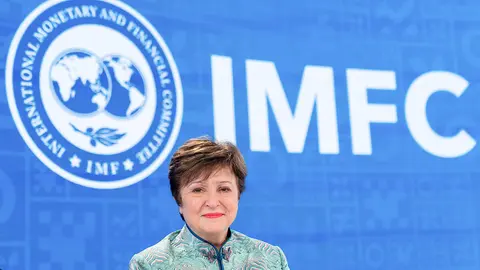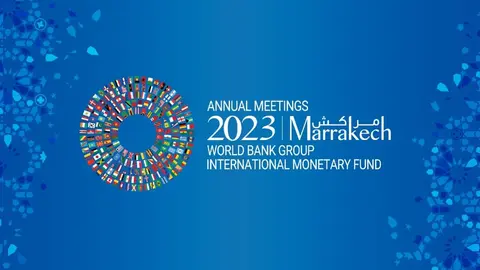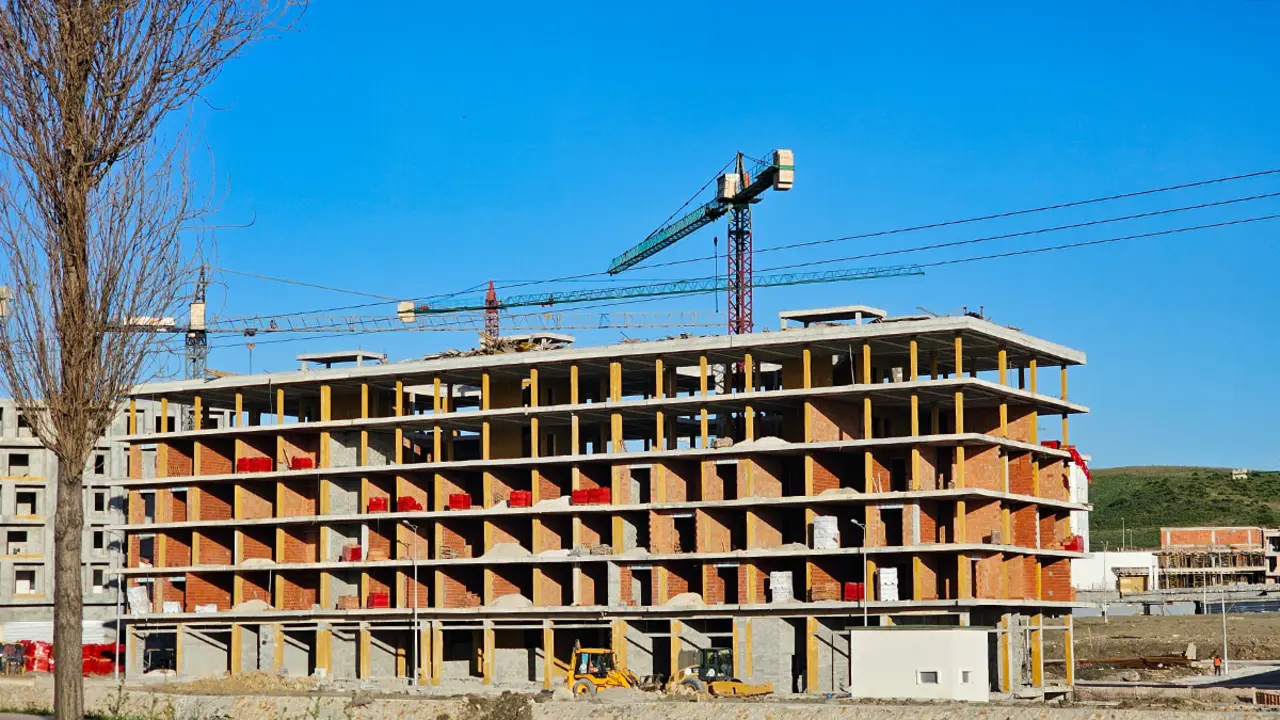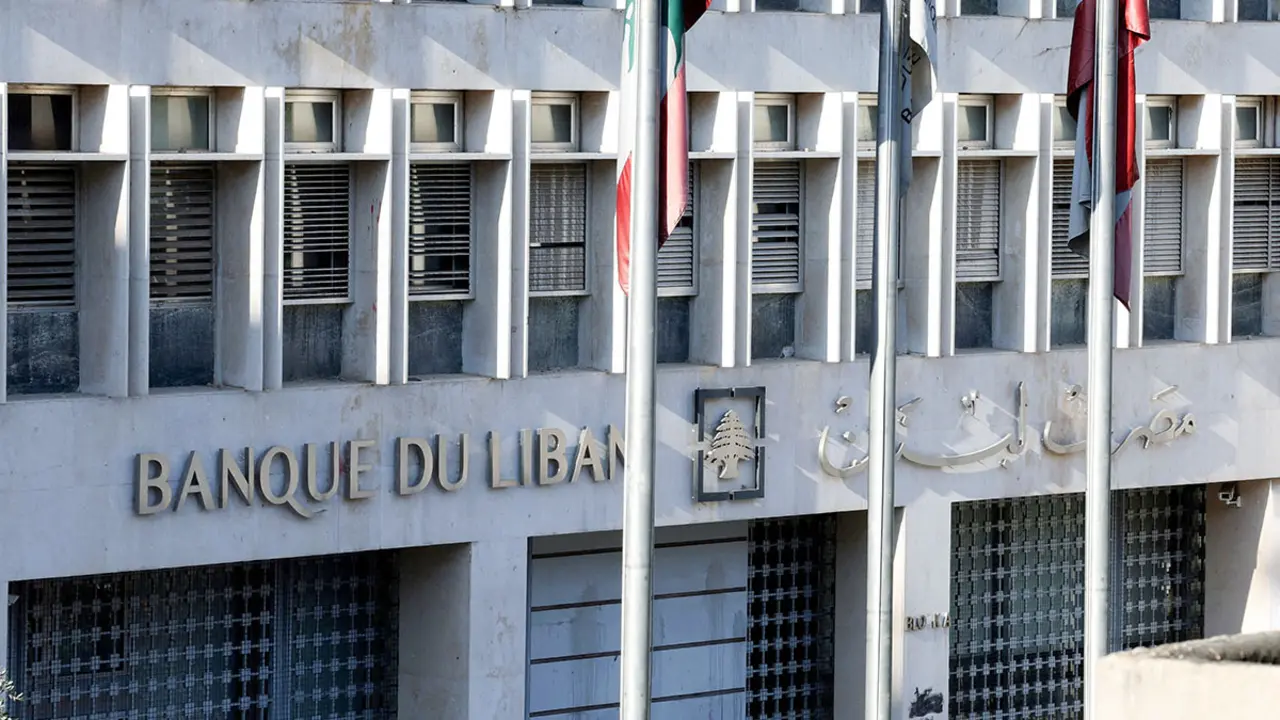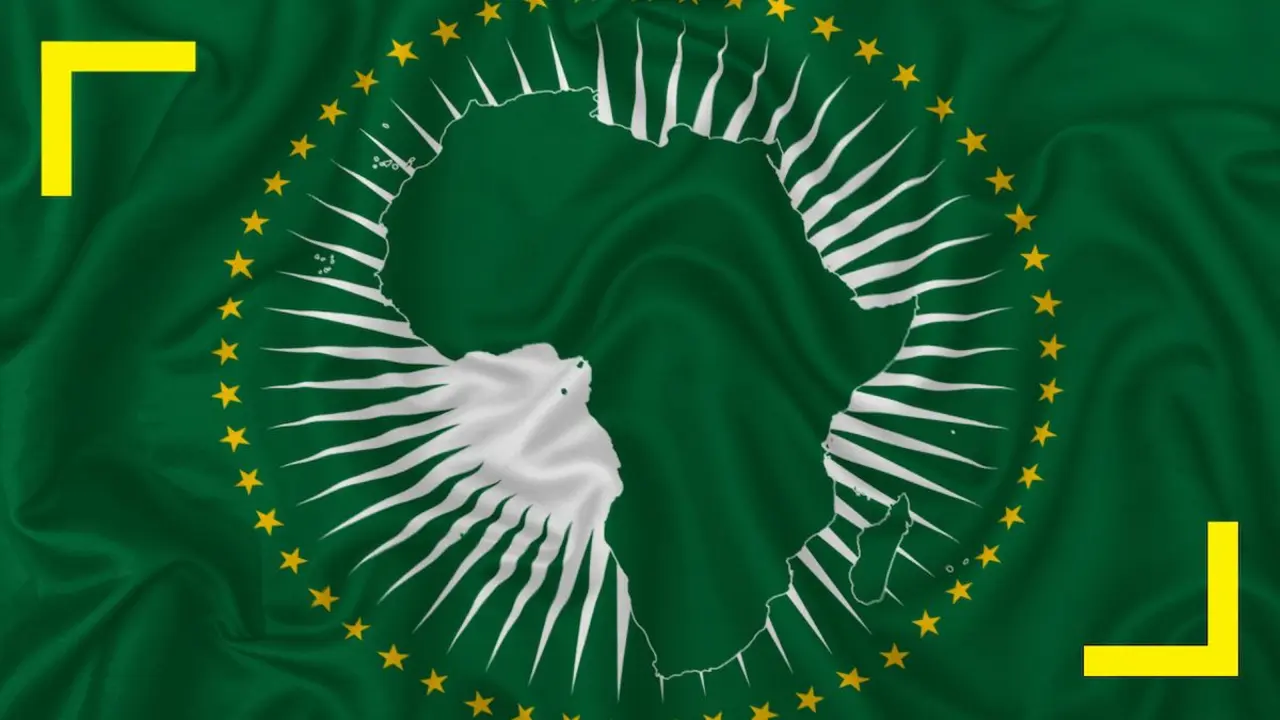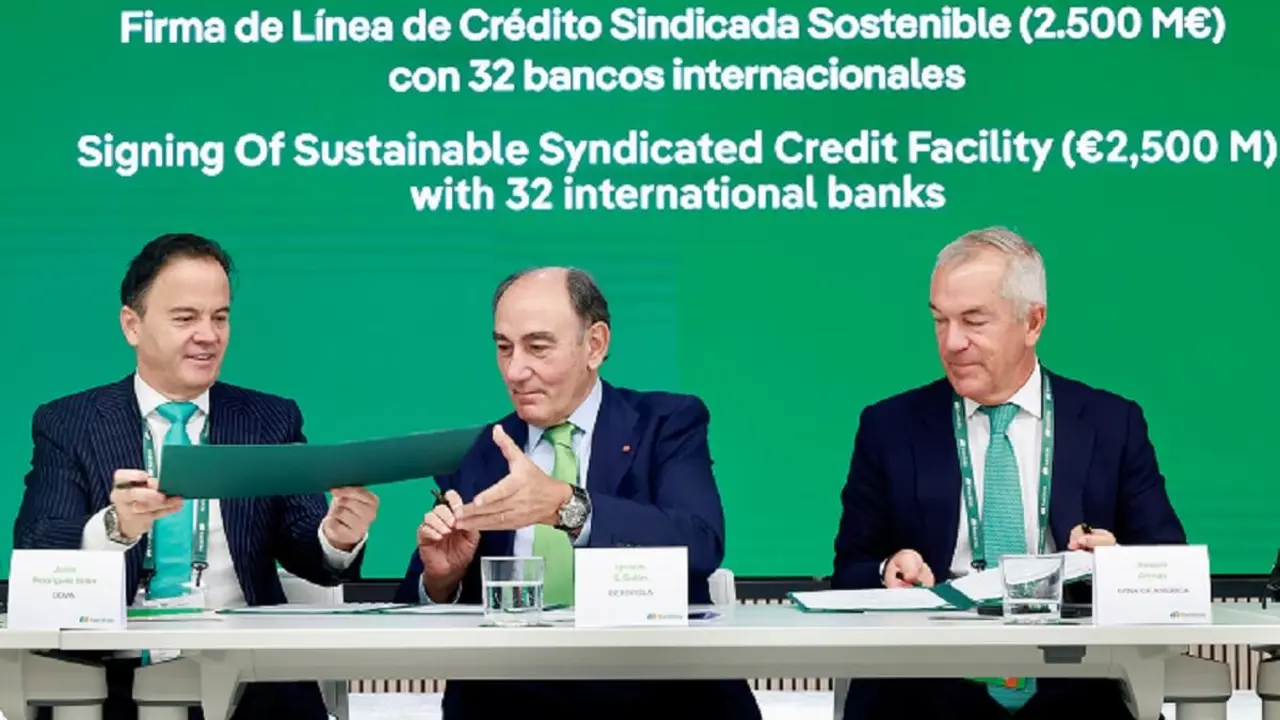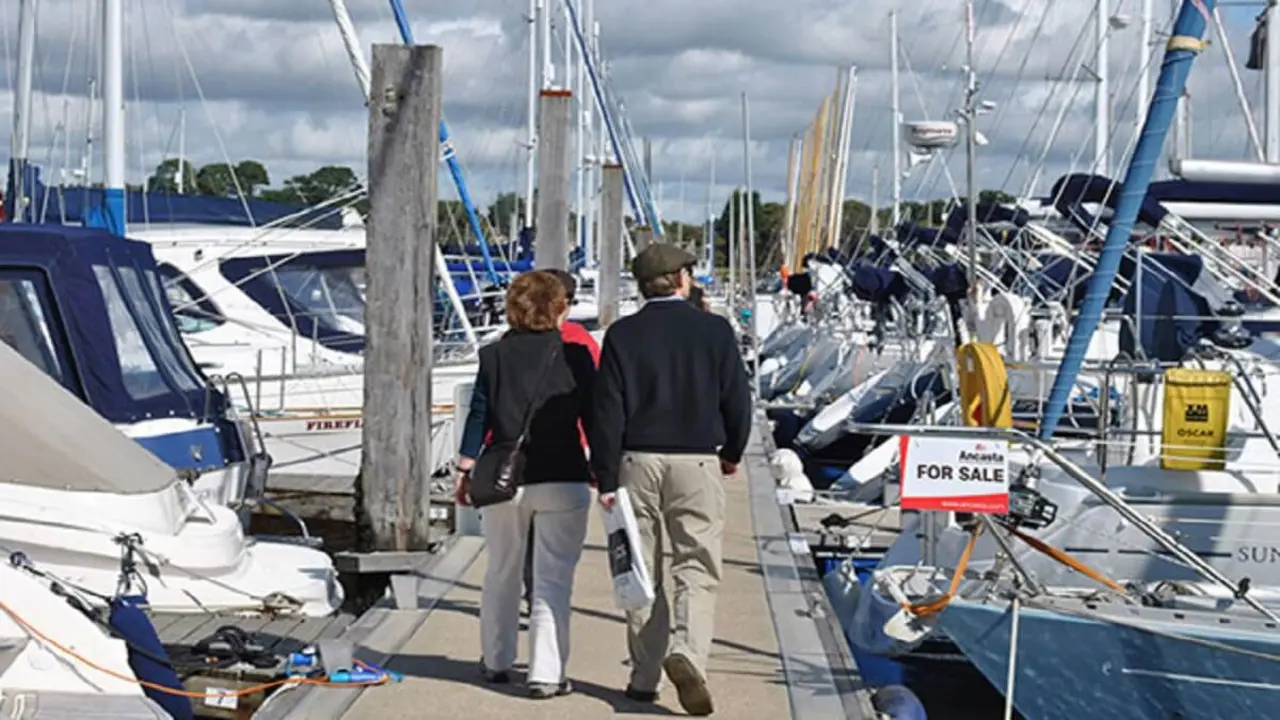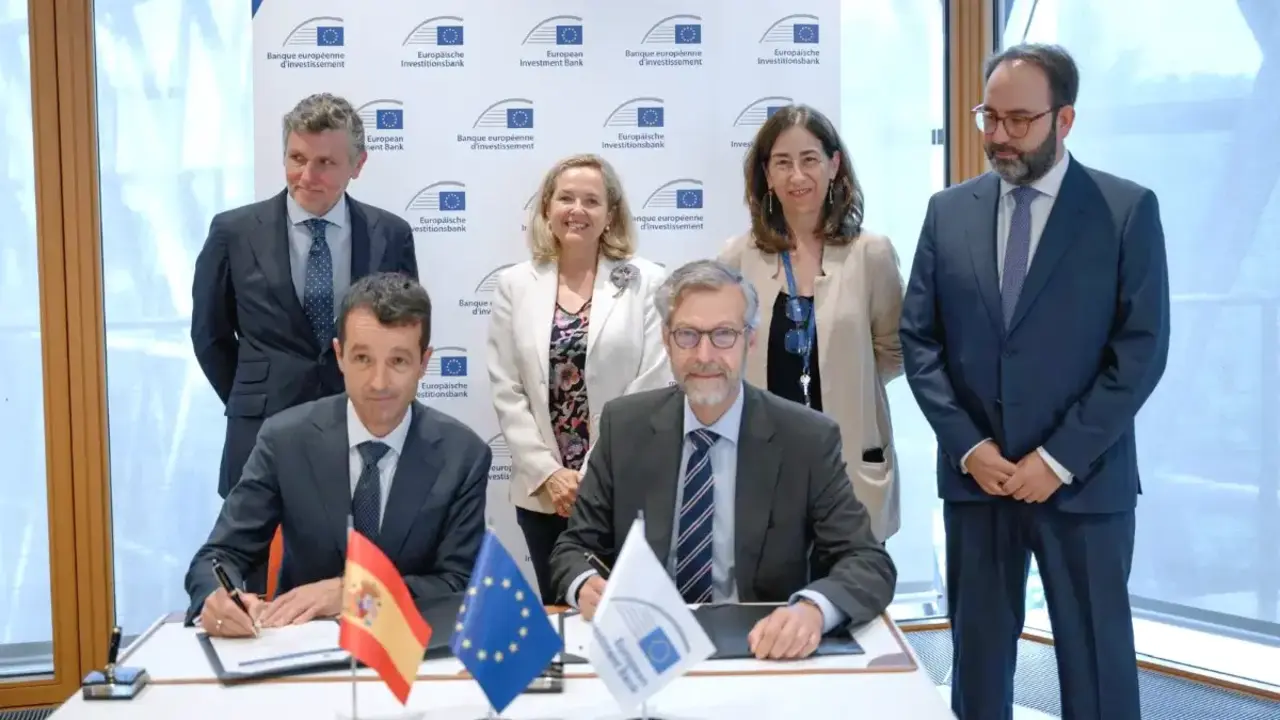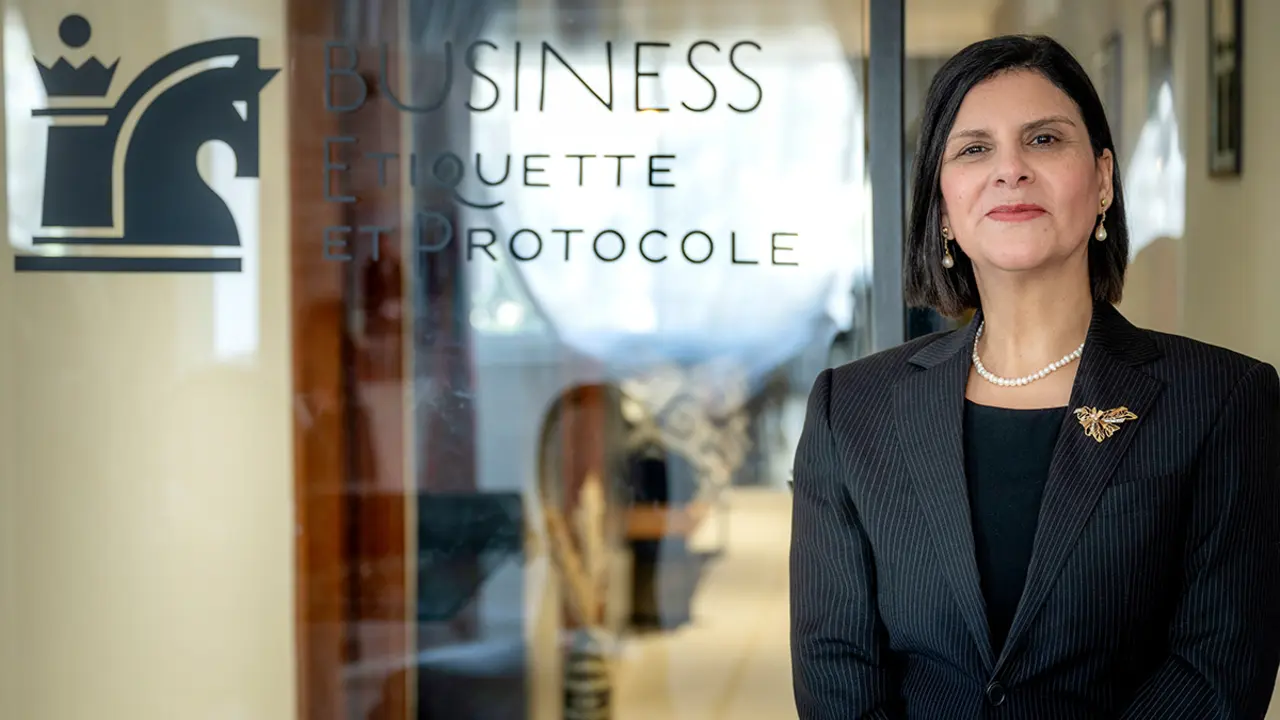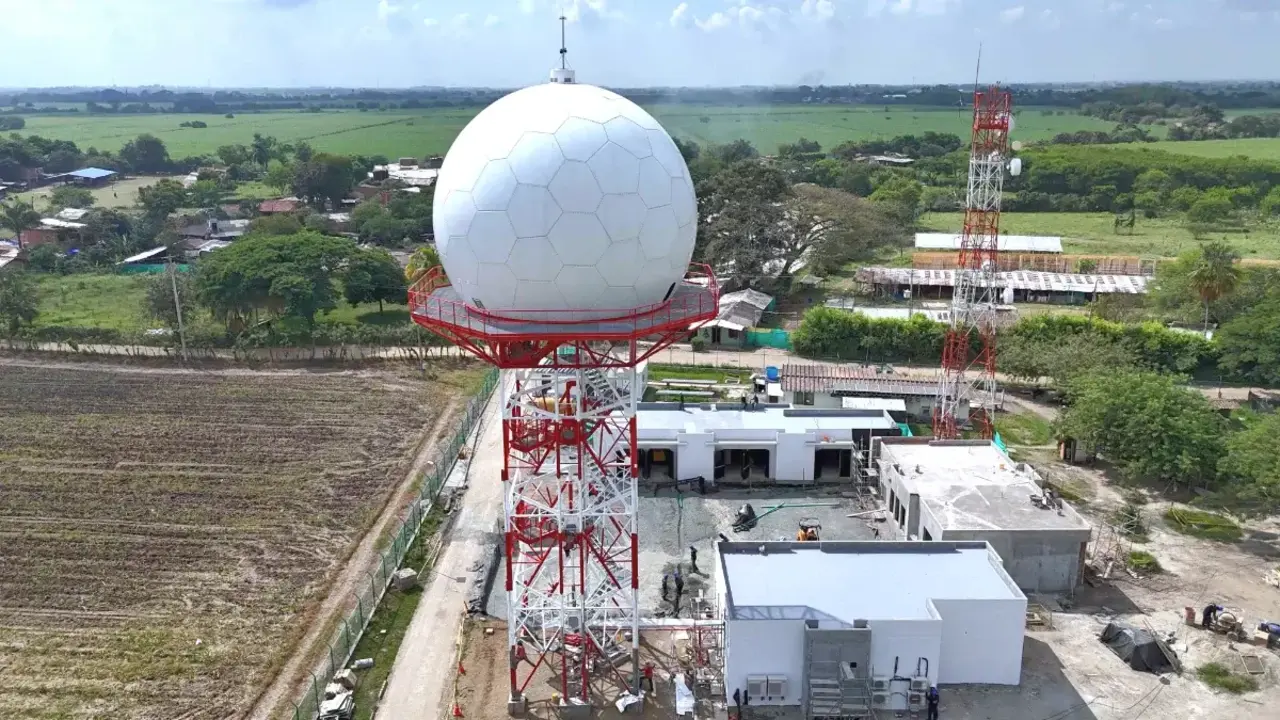IMF and World Bank highlight Morocco's economic potential

The annual meetings of the International Monetary Fund (IMF) and the World Bank kicked off this morning in Marrakech. Finance Ministers, experts and central bank leaders from all over the world will meet in the Moroccan city until Sunday to discuss, among other things, the debt crisis in developing countries, climate change, high inflation and the fight against poverty.
The IMF is also expected to present new forecasts on the future development of the world economy during these meetings. However, as the head of the international organisation, Kristalina Georgieva, announced earlier, weak global economic growth is expected in the medium term.
For the time being, the document "Morocco in search of stronger and more inclusive growth", drawn up by the IMF, was presented on Monday. The opening session of the event was attended by the Prime Minister of Morocco, Aziz Akhannouch, Kristalina Georgieva, the Moroccan Minister of Economy and Finance, Nadia Fettah, and the Director of Bank Al-Maghrib, Abdellatif Jouahri. The Minister Delegate for the Budget, Fouzi Lekjaa, also took part in the inauguration.
At the beginning of his speech, Akhannouch expressed his "most sincere thanks" to all the participants in this event, as well as to all the "partners and brotherly and friendly countries" who showed their solidarity and compassion towards the Kingdom after the earthquake that struck the Al Haouz region last September.
The Moroccan leader also stressed "the Kingdom of Morocco's deep gratitude to the IMF and the World Bank for their confidence and support, in particular by maintaining the organisation of the 2023 annual meetings in Marrakech," reports La Vie Eco.

"Our presence here today demonstrates the strong resilience of our country in the face of multiple crises: emergency, logistical and humanitarian measures were implemented immediately after the earthquake under the high directives of His Majesty the King," said Akhannouch.
The Moroccan Prime Minister also stressed that the reconstruction and economic and social development of disaster areas are part of an "ambitious, proactive and integrated" programme aimed at rebuilding damaged housing, rehabilitating infrastructure, reducing social deficits and promoting local economic activity. "We are now getting down to work with the implementation of this ambitious programme, strong in our determination and will, but also in the continued trust and support of our partners," he added.
With regard to the document "Morocco in search of stronger and more inclusive growth", Akhannouch said that it clearly illustrates "the Kingdom's will to achieve ambitious goals in terms of economic and social development".

In this regard, he said that over the last twenty years, under the guidance of King Mohammed VI, "ambitious and proactive reforms" have been undertaken, which have laid the foundations for a "profound and lasting transformation of our economy and have enabled the Kingdom to consolidate its resilience and preserve its macroeconomic balances".
For this reason, according to Akhannouch, Morocco is "at a decisive crossroads in its history". As he explained, this crucial moment "evokes a period of introspection that we want to make the most of. "We are working to implement the far-sighted strategic vision initiated by the King that specifies the ambitions, development objectives and levers of change likely to release energies and accelerate the evolution of our country towards progress and prosperity," he added.
Speaking on Rabat's reform package, Akhannouch said the government is determined to build "a united and just society", adding that an important place should be given to strengthening the health system, improving the quality of the education system and promoting scientific research and innovation. "A society in which citizens can take control of their future, particularly young people and women, is the key to economic growth and inclusion," he insisted.

The head of government also highlighted Morocco's "pioneering" role in the development of renewable energies. "We thus aim to triple our installed capacity in wind and solar energy, while seeking to position Morocco as a key player in the green hydrogen sector, which will strengthen our energy sovereignty," he said.
Aziz Akhannouch also highlighted the importance of international cooperation in the face of worsening global warming, pandemic waves and geopolitical conflicts. In this regard, he urged development banks "to support developing countries in addressing the challenges facing the global economy and responding to their specific needs".
In this context, Akhannouch considered the IMF's $1.3 billion financing agreement in Morocco to strengthen the country's resilience to climate-related disasters as "a real achievement".
Au cours des vingt dernières années, le Maroc, sous la conduite éclairée de Sa Majesté le Roi Mohammed VI, a entrepris des réformes "ambitieuses et volontaristes", a affirmé, lundi à Marrakech, le Chef du gouvernement, Aziz Akhannouch.https://t.co/zVy03FWTwY pic.twitter.com/1cvUHWA5tR
— Agence MAP (@MAP_Information) October 9, 2023
"Our world is increasingly vulnerable and requires everyone's help to overcome these crises of various kinds, holding the annual meetings here in Marrakech represents a valuable opportunity to establish links, share ideas and collaborate for common goals," the Prime Minister concluded.
As Aujourd'hui Le Maroc reports, this opening event was an opportunity to talk about Morocco's economic experience, discuss its measures and how they can be exported to other countries. It also highlighted the Kingdom's potential in terms of private sector participation, a key pillar of the country's New Development Model programme.
The document "Morocco in search of stronger and more inclusive growth" highlights the economic progress made by the Kingdom in recent decades, analysing the remaining challenges and the new programme of structural reforms aimed at transforming the country's development model, boosting the private sector and inclusiveness.
These meetings of the two most important financial institutions in the world return to Africa fifty years after those held in Nairobi. This year they are taking place in Marrakech despite the devastating earthquake that struck the Kingdom on 8 September. Initially the Moroccan city was to host the conference in 2021, but it was postponed twice due to the coronavirus pandemic.
Both the head of the IMF, Kristalina Georgieva, and the head of the World Bank, Ajay Banga, have seen the meetings as "an opportunity for the international community to show solidarity with Morocco". The two institutions decided to hold the meetings in Marrakech after ensuring that the conferences would not affect post-earthquake relief efforts.
"We believe that the annual meeting will also provide an opportunity for the international community to support Morocco and its people during this very difficult time," they said in a joint statement.

